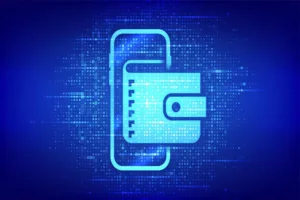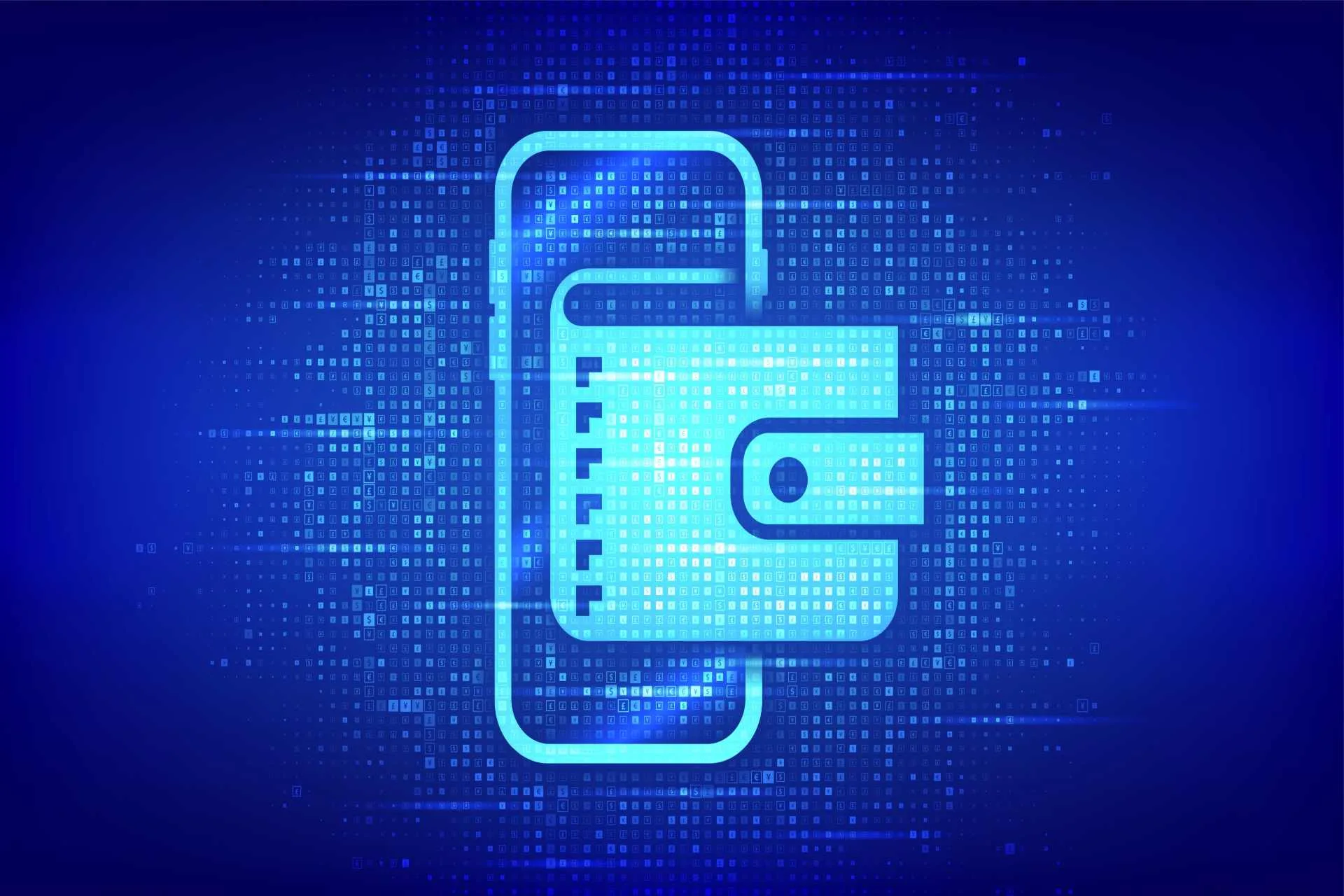European Digital Identity Wallet: the digitization of identity in Europe
The next step for the achievement of a modern and secure digital identity in Europe will be the introduction of the European Digital Identity Wallet (EUDI), an innovation on which the European Parliament and the Council have already reached an agreement.
This new digital identity tool will enable all citizens and businesses located within the EU territory to access public and private services through a reliable and interoperable recognition system that ensures data security and creates an innovative digital market. The European Union’s plan is to digitize and improve the quality of life of European citizens, making all key public services available online by 2030 and accessible with this new, secure and easy electronic identification. It works both within national area and across borders, providing users with a solid privacy protection.
The prototype of the EU Digital Identity Wallet
Based on what was established by the proposition for the regulation of the new European digital identity, the European Commission will provide a wallet prototype of EUDI designed for citizens and businesses to share data in a secure and convenient way without barriers that could slow down the operations. It will serve to:
- Test and inform specifications developed by Member States in collaboration with the Commission, as a common EU toolbox to implement the EU wallet;
- Test a series of large-scale pilot projects covering different sectors, such as healthcare, financial services, education, transportation and digital payments;
- Furthermore, EUDI will be made available as open source for Member States.
What do the EUDI pilot projects involve?
Before its introduction, the EUDI wallet will be tested by four large-scale pilot projects to verify its potential in real-world use cases in different sectors. The pilot projects will involve over 250 private companies and public authorities from 25 Member States, as well as some countries that are not part of EU but strictly interact with the Union, that are Norway, Iceland and Ukraine.
Each pilot project, supporting the development of the EUDI application, will use elements of the reference implementation developed by the European Commission and will help to further improve its security, ease of use and interoperability.
There will be eleven case studies to test on which the pilot projects will focus:
- Access to digital public services, such as applying for a passport or driving license, paying taxes or accessing social security information;
- Opening a bank account online, verifying and authenticating identities to access bank services with no need to enter personal information again;
- SIM digital registration, proving users identities to register and activate SIM cards contracts, hence reducing fraud and costs for mobile network operators;
- Driver’s License, storing and presenting digital driver’s license in both online and physical interactions, when needed;
- Contract Signing, creating secure digital signatures for signing all kinds of contracts online, avoiding the making of paper documents and physical signatures;
- Medical Prescriptions, providing prescription details directly to pharmacies to access specific medical products;
- Travel, quickly and easily accessing to security and customs checks presenting all the travel documents information (e.g. passport, visa, etc.);
- Organizational digital identities, to demonstrate the real identity of a legitimate corporate representative;
- Payments, to verify user’s identity before initiating an online payment process;
- Education Certification, as an evidence of possession of educational credentials, such as diplomas, degrees and certificates, facilitating applications for employment or advanced education levels;
- Access to Social Security Benefits, as the wallet can be used to safely access specific social security services, such as retirement or disability benefits.
Who are the consortia partaking in the pilot projects?
The European Commission has selected four consortia entrusted with the task of testing the functions of the EUDI in several contexts and for different scope, but all with the common goal of promoting the adoption of the European Digital Identity Wallet.
The four consortia include public and private players and organizations from different Member States and aim to cover a wide variety of potential real use cases to demonstrate the flexibility, effectiveness and convenience of the EU Identity Wallet. Here are the four consortia and their pilot projects:
- Potential-European Consortium for Digital Identity: this consortium (which also includes Namirial) is made up of 148 members from 19 EU states and Ukraine and involves both public sector experts and private players able to address a variety of problems (technical, commercial, regulatory, etc.) related to the functioning of the wallet in six main areas (Government services; Banking; Telecommunications; Driving licenses; Electronic signatures; Healthcare), standing by a user-friendly approach that ensures interoperability of systems from different companies. Potential looks for enabling Member States to build the necessary expertise and infrastructure, taking into account the results of testings on six main use cases (Identification and Access to digital public services; Opening a bank account; Application for a SIM card; Authentication of driving licenses; Signing of contracts; Request of medical prescriptions);
- Nobid Consortium: this consortium is made up of a group of Nordic and Baltic countries, which includes also Italy and Germany as additional partners, and involves several banks in order to test the wallet and deal with its use in terms of authorization of payments for products and services by the user/holder. Nobid focuses especially on the initiation of payment procedures and aims to address the issuance of wallets, the provision of means of payment by financial institutions, the acceptance and payment in a retail context;
- DC4EU: this consortium will test the use of the EUDI in two important sectors, that are education (professional credentials and qualifications) and social security (PDA1 and EHIC), and will align with ESSPASS and the European Learning Model. This large scale pilot project is truly unique because of its use of the European blockchain services infrastructure in the context of the EU Digital Identity Wallet;
- EUWC: this consortium will test EUDI to work on the storage and archiving of travel credentials, thus supporting free cross-border movement in Europe. It will also focus on developing wallets for businesses that enable citizens to identify themselves anywhere in Europe as legitimate representatives of a company. Moreover, EUWC consortium is going to test the European Digital Identity Wallet to store payment credentials and authorize account-to-account transactions too, as well as card-based and even token-based ones. EUWC focuses on three main areas, that are travel, organizational digital identities and payment initiation.
A Wallet Platform for integrated digital solutions in EUDI Wallet
On the subject of EUDI Wallet, Namirial Wallet Platform is a digital solutions platform, which helps organisations, both in the public and private sector, to adopt digital identities and seamlessly integrate trust services into the emerging European digital identity wallet ecosystem.
Indeed, Namirial Wallet Platform includes new tools and functionalities that go in this direction, such as:
- Namirial Wallet Gateway, which enables the integration of different digital identity wallets and online services, for customisable onboarding processes.
- eSignAnywhere, an electronic signature solution recognised as one of the best global applications for digital signatures, now compatible with the digital wallet ecosystem.
- an infrastructure for Qualified Electronic Attribute Attestation (Q)EAA, enabling organisations to issue and manage digital credentials in total security and compliance.
- a Wallet-as-a-Service (WaaS), to provide businesses and governments with state-of-the-art technology to implement highly scalable, reliable and secure digital identity and wallet solutions








